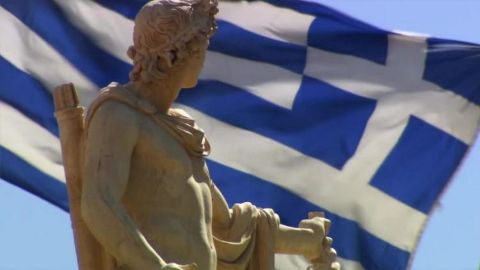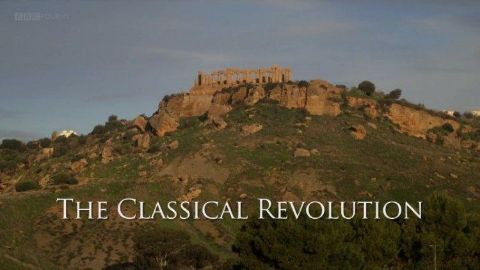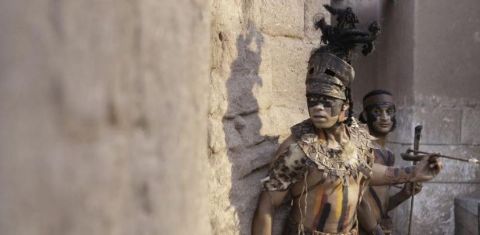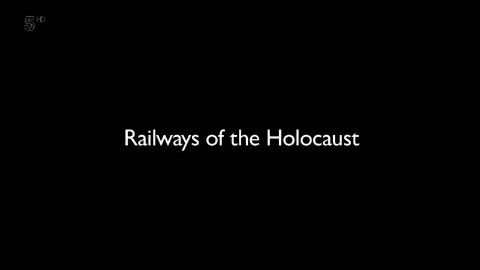Who Were the Greeks? • 2013 • 2 episodes •
We visit ancient cities and battlefields, great ruins and wild countryside, all in his search to uncover how the ancient Greeks thought and lived. What he finds is that ancient Greece was a seething tornado of strange, unsettling and downright outrageous customs and beliefs, inhabited by a people who could be as brutal as they were brilliant.
2013 • History
We explore the legacies of the Ancient Greeks, what they have given us today, and asks why these legacies have lasted through time. Democracy, art, architecture, philosophy, science, sport, theatre - all can be traced back to ancient Greece. Travelling across the ancient Greek world, from Athens to Olympia, Macedon, Turkey and Sicily, Michael discovers why the ancient Greeks were so successful, why their culture and way of life spread across continents and through time and why they still have such a powerful hold over our imaginations today.
2013 • History







